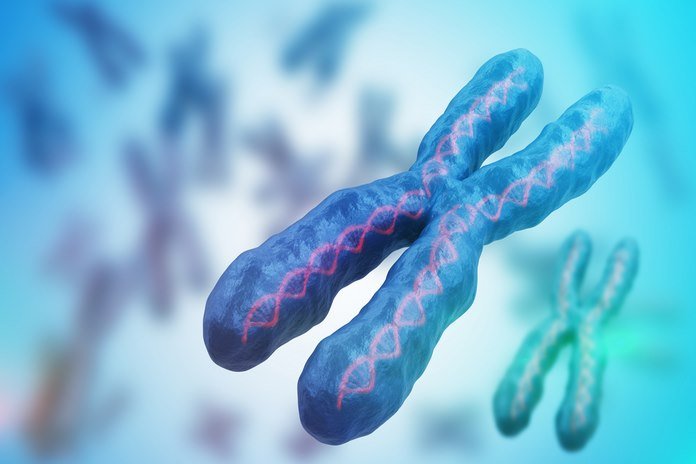Top Causes Of hemophilia
Hemophilia is a genetic disorder in which the blood fails to clot properly due to a lack of clotting factors. Almost 70 percent of cases of hemophilia are genetic, which means these individuals got this disease in inheritance from their parents. Thirty percent of cases are not related to genetics, and they are due to some other reasons such as autoimmune disorders, pregnancy, and infections. Following are some of the causes and risk factors for hemophilia:
Genetics
Hemophilia is a genetic disorder, which means that it runs down in families and passes from parents to their child. This disease is an X-linked disease, which means that defective genes are present on the X chromosome. Each individual carries two chromosomes from his parents. Males carry one X chromosome from mother and one Y chromosome from father. Females carry one X chromosome from the mother and one X chromosome from her father. If a male is born with hemophilia, it means that he got this disease from his mother by the defective X chromosome. Males with a defective X chromosome can pass it to their daughters and make them a carrier of the disease.

